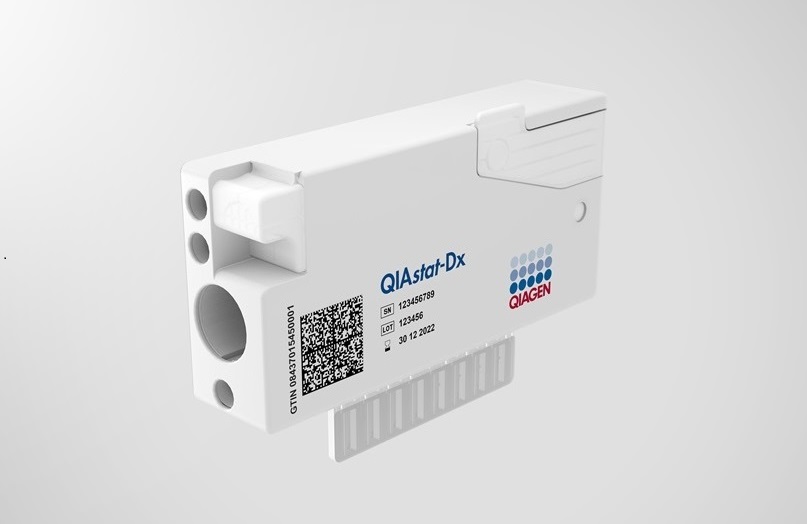Respiratory Panel to Help Clinicians Make Precise Treatment Decisions in Outpatient Settings
Posted on 31 Oct 2024
Respiratory tract infections are the primary reason for visits to emergency departments and subsequent hospitalizations. In the U.S., it is estimated that there are up to 41 million cases of influenza annually, resulting in hundreds of thousands of hospitalizations and up to 51,000 deaths. Syndromic testing has demonstrated its effectiveness in enhancing the detection of infections, including those caused by multiple pathogens, thereby minimizing the need for further testing. By providing rapid results, syndromic tests allow healthcare providers to make informed treatment choices and to discontinue empiric antibiotic therapy when viral pathogens are identified. This approach reduces overall antibiotic use and aligns with the goals of responsible antimicrobial stewardship. Now, a novel syndromic test can aid clinical decision-making in diagnosing upper respiratory infections in outpatient settings.
QIAGEN’s (Venlo, the Netherlands) QIAstat-Dx Respiratory Panel Mini is a syndromic test that covers five common viral pathogens: influenza A, influenza B, human rhinovirus, respiratory syncytial virus (RSV), and SARS-CoV-2. Utilizing QIAstat-Dx’s capability to rapidly amplify multiple genetic targets through real-time PCR technology within the same reaction, the panel provides results in approximately one hour with less than one minute of hands-on time. Cycle threshold (Ct) values and amplification curves offer additional insights into co-infections, which are instantly accessible on the instrument's touchscreen without the need for additional software.

The U.S. Food and Drug Administration (FDA) has granted clinical use clearance for the QIAstat-Dx Respiratory Panel Mini, making it the third test approved for use with QIAstat-Dx systems in 2024. While the extensive 21-target QIAstat-Dx Respiratory Panel Plus is well-suited for hospitalized patients at risk of severe disease, the more focused QIAstat-Dx Respiratory Panel Mini presents a streamlined method for diagnosing the five most actionable pathogens responsible for upper respiratory infections. This makes it a crucial tool in outpatient environments, where its efficiency can benefit a broad patient population. Together, the two FDA-cleared tests effectively address the distinct challenges clinicians face when diagnosing respiratory infections in both outpatient and inpatient settings.
Following its launch in Europe in spring 2024, the QIAstat-Dx Analyzer 2.0 is now available in the U.S. for use with both the QIAstat-Dx Respiratory Panel Plus and the QIAstat-Dx Gastrointestinal Panel 2. An extension for the QIAstat-Dx Respiratory Panel Mini is already in the pipeline. The upgraded diagnostic system features the Remote Results Application, a unique capability in the field of syndromic testing. This allows users to view, comment on, and confirm diagnostic test results directly from their desktop and mobile devices anywhere, facilitating seamless collaboration throughout the healthcare system.
“The QIAstat-Dx Respiratory Panel Mini and QIAstat-Dx Respiratory Panel Plus will improve diagnostic stewardship by enabling clinicians to tailor testing to each patient's unique needs, choosing between a full, comprehensive panel or a more targeted one,” said Nadia Aelbrecht, Vice President and Head of the Syndromic Testing Franchise at QIAGEN. “By streamlining the diagnostic process and delivering accurate results in about an hour for both outpatient and inpatient groups, these tests will enhance patient care, promote responsible antimicrobial stewardship and alleviate the strain on healthcare systems.”
Related Links:
QIAGEN














